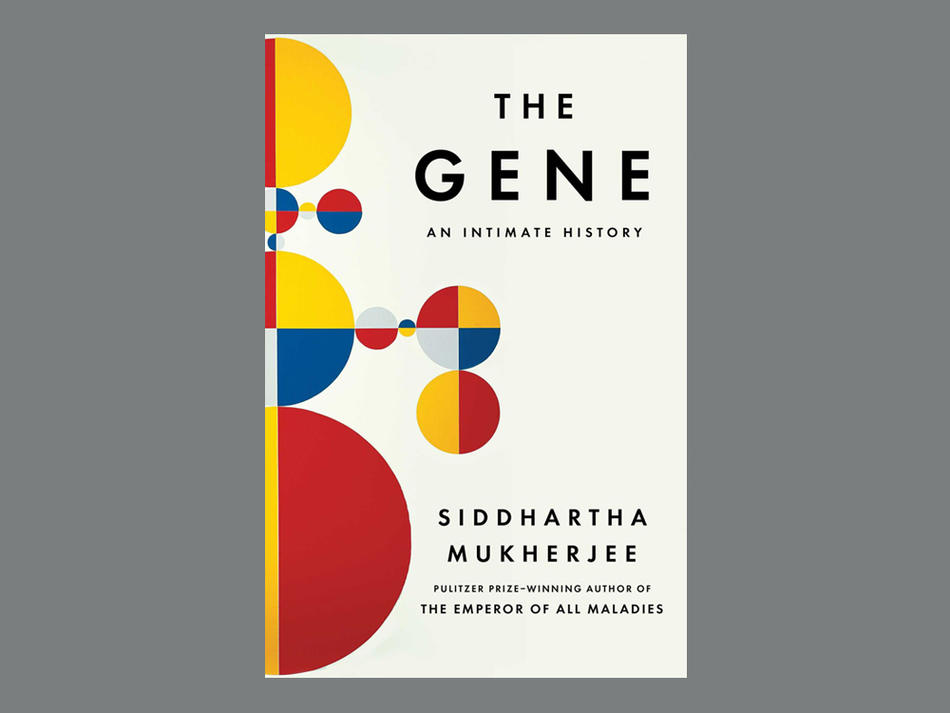Gender. Sexual preference. Temperament. Personality. Impulsivity. Anxiety. Choice. One by one, the most mystical realms of human experience have become progressively encircled by genes. Aspects of behavior relegated largely or even exclusively to cultures, choices, and environments, or to the unique constructions of self and identity, have turned out to be surprisingly influenced by genes. But the real surprise, perhaps, is that we should be surprised at all. If we accept that variations in genes can influence diffuse aspects of human pathology, then we can hardly be astonished that variations in genes can also influence equally diffuse aspects of normalcy. There is a fundamental symmetry to the idea that the mechanism by which genes cause disease is precisely analogous to the mechanism by which genes cause normal behavior and development. “How nice it would be if we could only get through into Looking-glass House!” says Alice. Human genetics has traveled through its looking-glass house — and the rules on one side have turned out to be exactly the same as the rules on the other.



